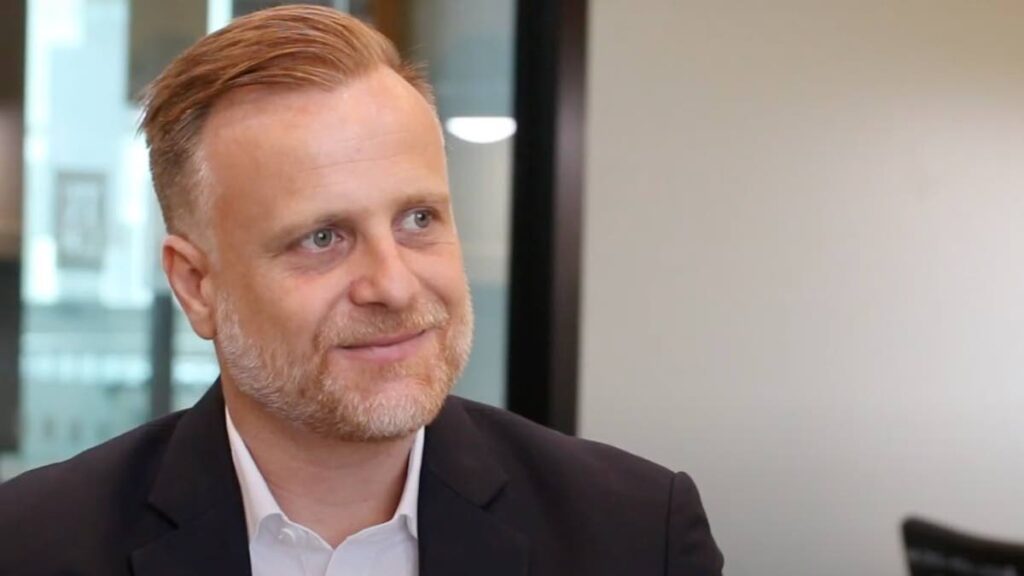Reparations for slavery: keep minds and hearts open at CHOGM

The atrocities of the transatlantic slave trade and its lasting impact on societies worldwide are a matter of record. The global movement for reparations is gaining momentum and the need for it to be addressed meaningfully has been acknowledged by international leaders, including António Guterres, the Secretary-General of the United Nations, who this year called for the implementation of “reparatory justice frameworks to help overcome generations of exclusion and discrimination.”
While discussions on slavery and reparations are complex, challenging, and deeply personal for those impacted, the 2024 Commonwealth Heads of Government Meeting (CHOGM) taking place this week in Samoa, which I am attending as the Director of the Institute of Commonwealth Studies, offers a crucial opportunity for meaningful dialogue, learning, and progress. Member countries should approach these conversations with open hearts and minds, ready to listen and engage.
The desire for justice is part of being human. I have witnessed it manifest psychologically and even physically in those who have been wronged, and it can persist across generations. As the former Director of Global Accountability and International Justice at the International Commission of Jurists and as an international criminal lawyer with the United Nations, I saw this repeatedly while meeting with victims and their families across different countries and cultures. Often, those impacted couldn’t clearly define what justice should be, but they instinctively knew, deep down, that they needed it.
The Commonwealth is well positioned to play a leadership role in this dialogue because so many of the stakeholders are member countries and the expertise required to chart the path forward exists in-house, with one example being the Caricom Reparations Commission headed by Sir Hilary Beckles who the Institute of Commonwealth Studies hosted this month to deliver the annual Memorial 2007 lecture.
Reparations is a pivotal theme influencing the atmosphere of this CHOGM. Support for some form of reparations was acknowledged by all three candidates to be next Secretary General of the international association of 56 member countries at a recent event in London. The outcome of the leadership contest is expected to be announced in the coming days. The Commonwealth’s head, King Charles, who is attending this CHOGM, also made expressions of sorrow and regret at the last CHOGM in Rwanda and last year in Kenya’s State House.
Categorical statements that slam the door closed on dialogue such as those recently made by the UK’s Prime Minister who reportedly said the issue of reparations is not on the CHOGM agenda, are regrettable and out of step. It is a priority for many of the Commonwealth’s member countries, discussions on reparatory justice are taking place behind the scenes here in Samoa, and whenever those affected by atrocities ask to talk, there should always be a willingness to sit down and listen.
What is often overlooked is that reparations can take many forms. It is not about “cash handouts from white people,” as it is sometimes misunderstood, although monetary compensation can be an important ingredient. Under international human rights law and standards, reparations may include restitution, rehabilitation and measures of satisfaction, such as public apologies, public memorials, guarantees of non-repetition and changes in relevant laws and practices, as well as bringing to justice the perpetrators of human rights violations.
The Caricom Ten Point Plan for Reparatory Justice is one example of a tailored framework covering various elements such as a formal apology to illiteracy eradication, psychological rehabilitation, technology transfer and debt cancellation. A holistic approach, which Sir Hilary describes as a partnership-based plan of “social and economic compensation and development” aimed at lifting the Caribbean out of “community poverty and institutional unpreparedness for development.”
It is not the role of the Commonwealth or its accredited organisations, such as the Institute of Commonwealth Studies, to dictate what reparations for transatlantic slavery should entail. However, they can play a crucial role in fostering and facilitating dialogue among affected communities, member countries, civil society and experts. This CHOGM presents a valuable opportunity for these discussions to advance in an atmosphere of mutual respect, openness, and a willingness to listen and learn. A participatory approach among a diverse range of stakeholders, including national governments, can serve as a model for engagement to begin addressing a complex issue with potential benefits for the global community.
Professor Kingsley Abbott is the Director of the Institute of Commonwealth Studies, School of Advanced Study, University of London and a international criminal and human rights lawyer.
@AbbottKingsley

Comments
"Reparations for slavery: keep minds and hearts open at CHOGM"